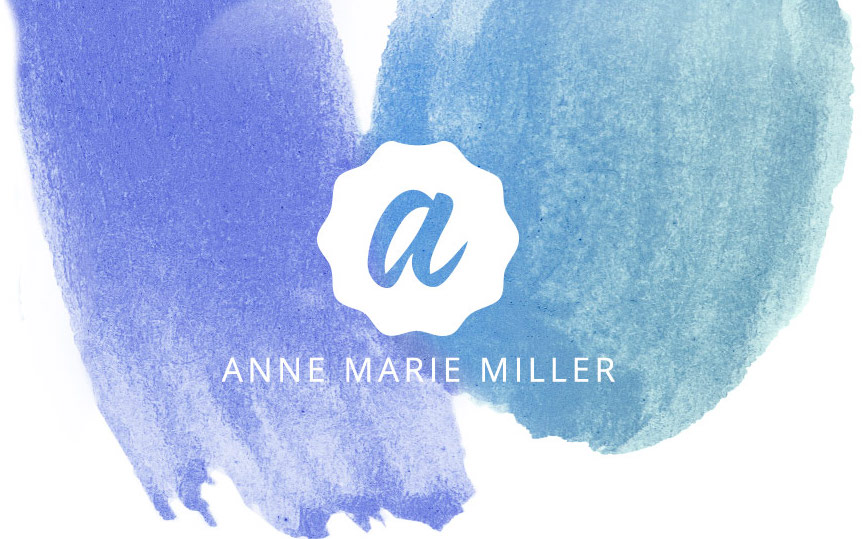When Facebook first opened its “Sign Up” doors to those of us far removed from a .edu email address, I remember landing in a competition with a coworker on who could “friend” more people than another. We would shout through the office wall that separated us, “I’m up to 881!” or “Your mom doesn’t count as a friend!” This went on until eventually, each of us hit the 5000 friend limit.
Then I deleted Facebook for a few years and for me, was all the better for it.
So many articles and blog posts and now even scientific studies are exploring what it means to be a “friend” in a world where clicking a “Like” button or a star or a heart indicates we are both alive and at least somewhat paying attention. Someones several-day-long absence on Instagram now warrants a text message – “R U Okay? Haven’t seen you online this week.”
We enjoy eating together without actually sitting together. I more guilty of this than anyone: a brief scroll through my social media feeds are full of in-season salads and juices and let’s not forget my beloved coffee. I “like” just as many similar photos – especially the ones of donuts and ice cream – the ones I can’t eat because of my body’s intolerance to gluten and dairy.
The last few years have been very transitional and therefore, transformational, for me. I’ve become more careful with the words I choose when I am talking about people I know. In a city like Nashville, where everyone knows of everyone and likely has met someone a time or two for coffee, it’s easy to see how social media has influenced our Western vernacular.
“Oh, I LOVE Billy Bob. He’s a great friend!”
This means someone has probably met Billy Bob a handful of times and now engages in a Twitter conversation about which country really should have won the World Cup.

In the “Christian Industry” [insert a slightly disturbed yet slightly accepting shudder for using that phrase], lots of people know lots of people and lots of people call these people friends. My own definition of a “friend” is very different than what it used to be, I had to change the way I identified those who I know…but don’t really know. This change was internal at first, but has slowly become external as people ask, “Are you friends with Billy Bob?” to which I say, “I know him, and I think he’s great. But no, we are not friends.”
This is not a slight on Billy Bob.
To me, the word friend has become as sacred as the word love.
This is not an attempt for exclusivity; rather it’s an attempt to define expectations. I have met Billy Bob and perhaps we’ve even shared a conversation about Africa or Jack Bauer. He’s a great person. I will speak well of him. But I will not call him my friend because he does not know the secrets my heart keeps or the fears my mind perpetuates. I do not tell him when my mom is sick or when I got accepted into school nor does he know my regular drink at Starbucks.
I do have friends that know these things. They are a small group: humble, beautiful, diverse and there is nothing loud or proud about them. But they love and they know and they reach and I reach back.
And I think this is okay. Choosing to use the word friend carefully is wise.
It does not mean you love less or even that you love fewer and it does not mean a new acquaintance cannot become a friend. It simply means your relationships are more intentional, more vulnerable, and more committed. It reaches far beyond clicking a button on a website and is about sharing life instead of sharing a status.
Social media aside, a friend is a thing to cherish, to lavish love on, and to lean on (or sometimes give the gift of being somebody to lean on.)
